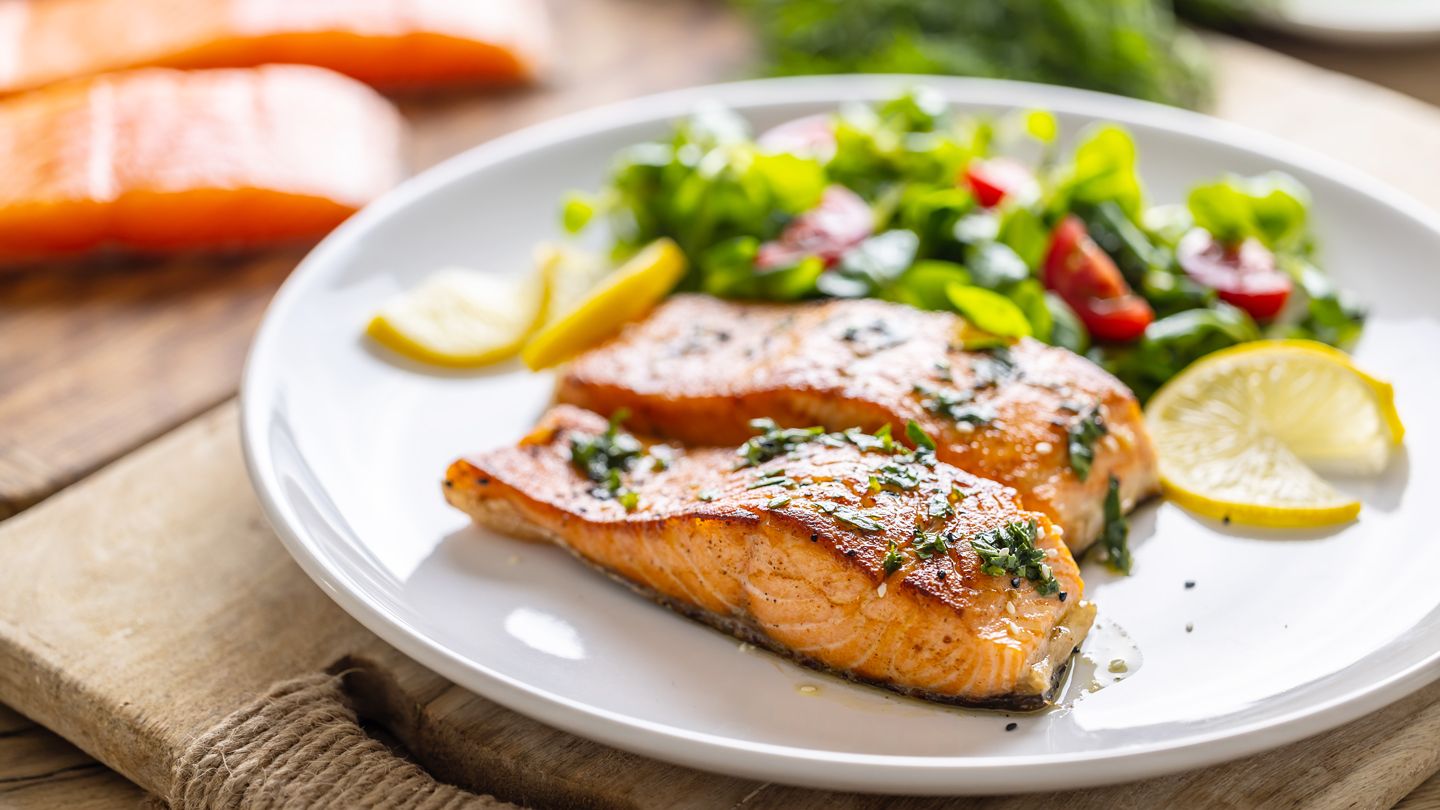A gluten-free diet is one that cuts out foods that contain the protein gluten, which includes any food that contains wheat, barley, or rye.
While a gluten-free diet is essential for people with conditions like celiac disease or a gluten intolerance, there’s been little solid medical evidence for removing gluten from the diet if you don’t have one of these conditions. Nevertheless, a gluten-free diet is one that’s gained some popularity in recent years among people who do not have a diagnosed gluten intolerance.
Anecdotally, people who don’t have any type of diagnosed gluten sensitivity have reported that a gluten-free diet has helped boost their energy, promote weight loss, and improve their overall health. However, more research is needed to support these claims.
Why Might It Be Good for Psoriatic Arthritis?
Research on how a gluten-free diet may impact psoriatic arthritis is limited. But a review of research found that people with psoriasis have twice the likelihood of having celiac disease.
Another review of research notes that people with psoriatic disease may have increased serum antibodies to gliadin, a component of gluten. In one study, after three months, 73 percent of psoriatic patients that had elevated antibodies and went on a gluten-free diet showed improvement. However, the psoriatic patients that tested negative to anti-gliadin antibodies showed no improvement on a gluten-free diet.
While we don’t yet have a clear understanding of whether a gluten-free diet may impact psoriatic arthritis, some people with psoriatic arthritis have reported having less joint pain after eliminating gluten from their diets, says Bose. More research is needed.
What to Consider Before You Try It
If you have symptoms like diarrhea and constipation, you may want to talk to your doctor about trying a gluten-free diet, says Dr. Singh. But removing gluten from your diet requires working with a nutritionist or a doctor trained in nutrition to make sure you get adequate amounts of fiber and other nutrients, cautions Gibofsky.
“If it isn’t something you need for a medical reason, it can be hard to stick to when you’re on vacation, at work, or at school,” says Gibofsky. “You want a diet you can stick to for life.”
Read the full article here




